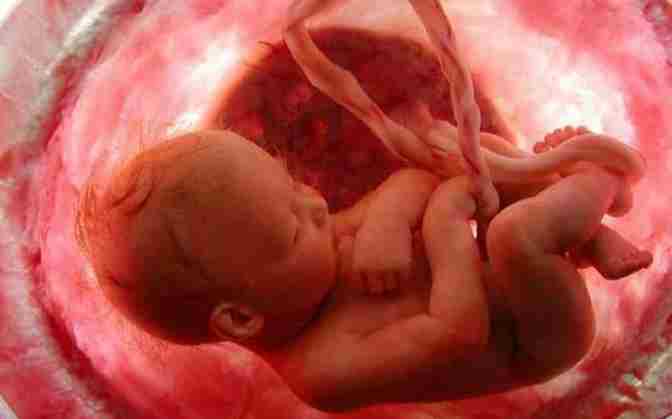A Quiet Discussion on Abortion (4) The laws of Abortion in the Church

The Church from the beginning of Christianity considered abortion as intentional killing and outlawed it. The punishment was to cut off the woman from sharing in Church life and participation in the Holy Communion.
During the Council of Ankara in 315 AD, the Church opened the door of repentance for those women and reduced the life-long punishment of abortion. The council decided that abortion is an evil act but those who committed it may be accepted again in the Church after a 10 year punishment away from the Church during which period they were treated as non-Christian. This period was divided to four parts: two years among the weepers, three years among listeners, four years among the kneelers, and one year among the faithful Christians but without communion. If the repentance was proved to be true, the woman was accepted among the faithful again.
The Church Tradition is filled with the fathers of the Church sayings:
+ Athenagoras: He is one of the Fathers of the Church in the second century. He says in his book “In defense of Christians” which was written in 176 AD: “Those women that use drugs for abortion commit the crime of killing, and will stand before God, for humans must consider the fetus as a person created by God and in His care until it comes out for life. No one should kill them or expose their life for danger.”
+ Tertullian: He is one of the Fathers of the Church in the second and the third centuries who wrote in his book, “Messages on the first and the second marriage” saying: “Children are a heavy burden in our time, but I suppose that in spite of your desire not to increase the number of your children from your pregnant wife, do you end her pregnancy by using drugs? According to my sure opinion that it is not in our authority to kill a child before or after he is born.”
+ St. Ephraim the Syrian: In his interpretation of Exodus 21 (Manuscript 112H, Oxford University), he said: “Killing, and beating the parents and hurting their feelings, the theft of a soul and selling it, aborting a pregnant woman or a woman aborting herself, for all these sins the priest must forbid communion. If the priest offer communion to those people who deserve death, his sin is great.”
(To be continued)